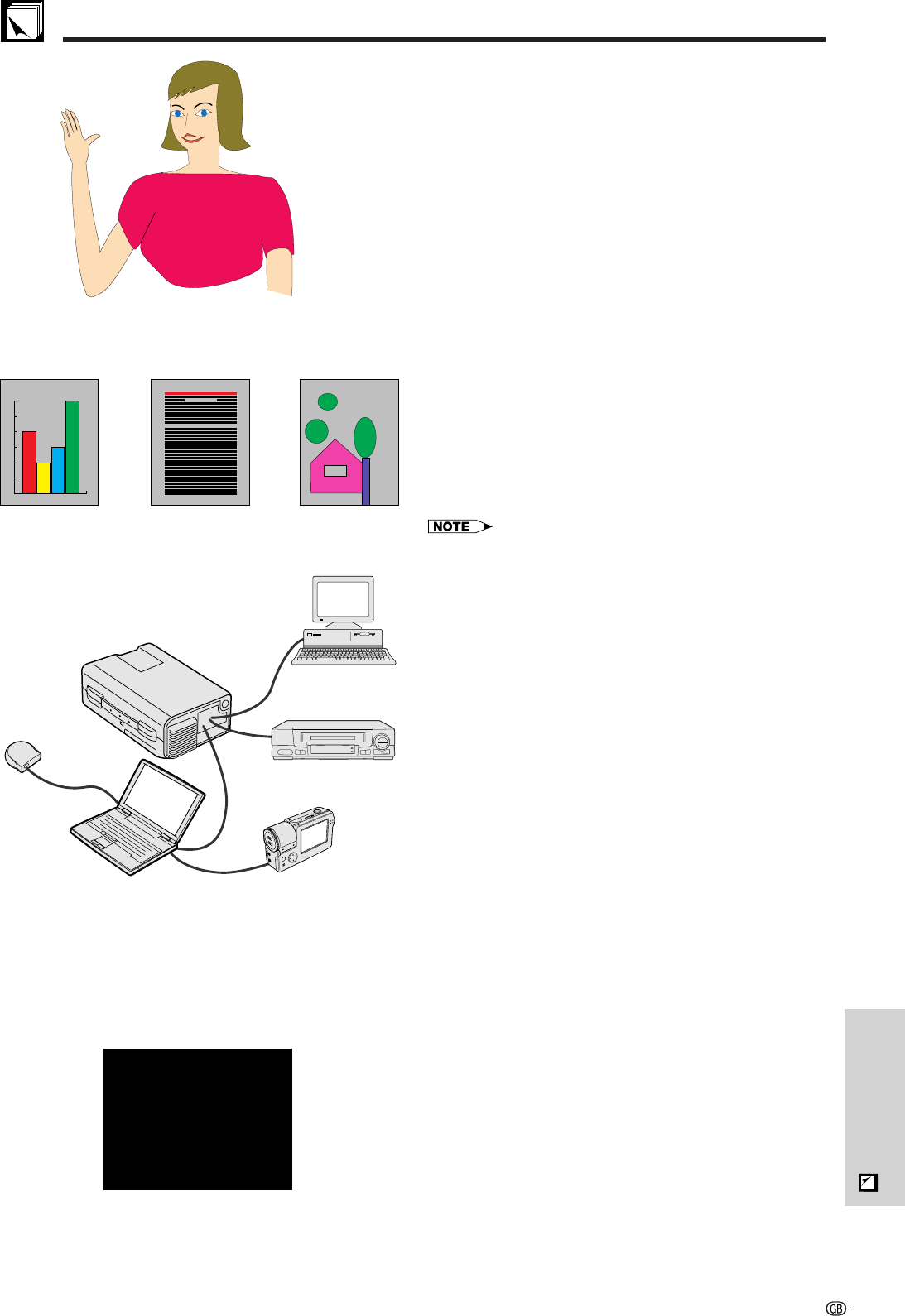
46
Appendix
Guide to Effective Presentations
Electronic presentations are one of the most effective
tools presenters can use to persuade an audience.
There are several ways to enhance your presentation
and maximise your effectiveness. The following are
guidelines to help you create and deliver a dynamic
presentation.
a. Types of Presentations
Computer Presentations
• To present basic information such as graphs, spreadsheets,
documents and images, use word processing and spreadsheet
applications.
• To convey more complex information and create more dynamic
presentations which allow you to control the pace of your delivery,
utilise software such as Astound
®
, Freelance
®
, Persuasion
®
or
PowerPoint
®
.
• For high-end multimedia and interactive presentations, use software
such as Macromedia Director
®
.
• Astound
®
, Freelance
®
, Persuasion
®
, PowerPoint
®
and Macromedia
Director
®
are trademarks of their respective companies.
Video Presentations
Use of video equipment, such as a VCR, DVD player and LD player,
can be effective for delivering instructional or illustrative information
that is difficult to present.
Digital Cameras and Personal Digital Assistants
(PDAs)
For highly compact and portable presentations, still cameras, digital
video cameras, document cameras and PDAs are ideal for transferring
data without cumbersome conversions.
Multimedia Presentations
You can integrate all of the above methods for a full multimedia
presentation including video, audio, computer applications and World
Wide Web information.
Wireless Presentations
Use any IrDA/IrTran-P compatible source such as a laptop, digital
camera or PDA to project still images quickly and effortlessly without
the use of cables.
b.Creative Presentations
Oftentimes presenters do not take advantage of the many
subtle ways they can manipulate their electronic slides to more
effectively persuade the audience.
Colour has a great effect on the audience during a
presentation. When used correctly and legibly, studies show
that background & foreground colours establish an emotional
tone for a presentation, help viewers understand and retain
information, and influence an audience to take a desired
course of action.
Colour Considerations
• Choose legible colours.
• Text and graphics colours need sufficient contrast.
• Use darker colours for the background since a lighter background
can create uncomfortable glare. (Yellow on black creates an ideal
contrast.)
0
5
10
15
20
25
30
Yellow
on Black


















